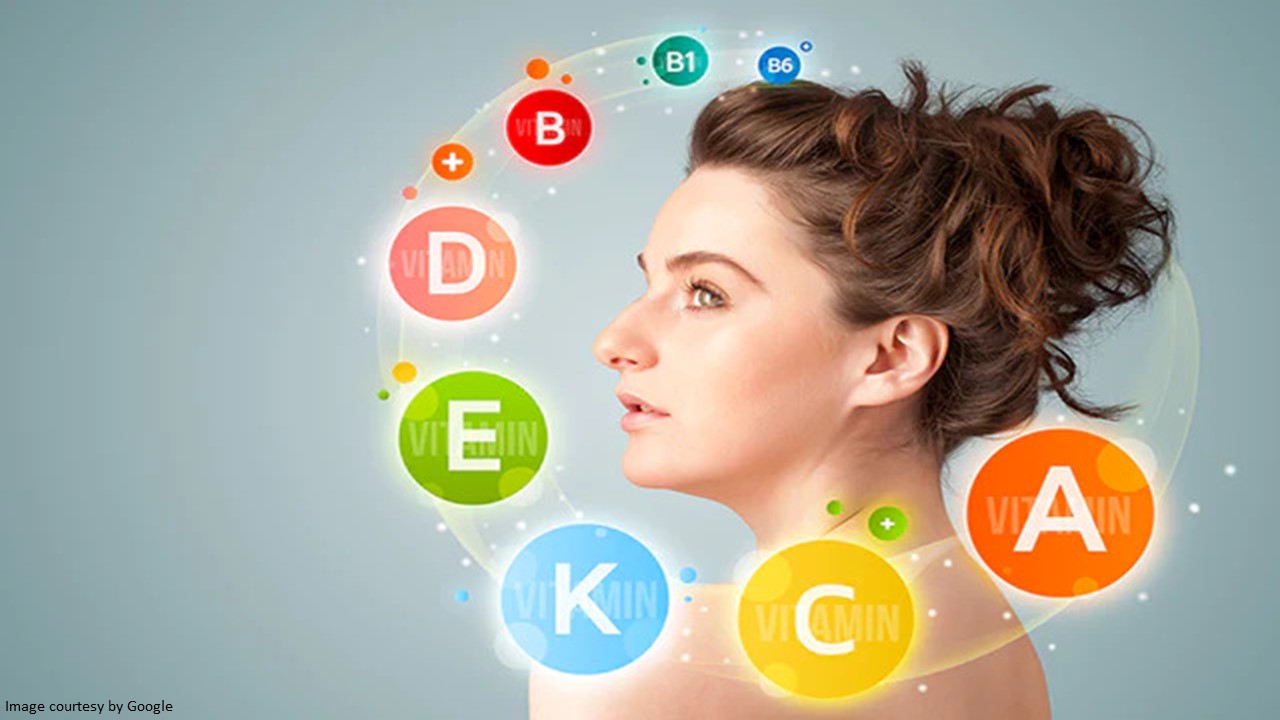Vitamins play a major role in maintaining our overall health, but we often ignore them because of our hectic lifestyle. This article will help you discover the best vitamins for glowing skin.
What are the best vitamins for skin? Not all vitamins have the potential to affect skin health. However. Some vitamins like A, E, and C are essential to the skin’s health. Most of the research on vitamins for the skin is limited. A vitamin-rich diet is one of the best ways to support skin health. An overall healthy body, in turn, helps keep up the skin to be healthy equally.
Some people prefer to pop supplements and apply vitamin-infused creams and lotions to the skin, especially when an individual is deficient. Topical vitamin serums are also available to help reduce scarring and sunspots. But undoubtedly, a healthy diet can help you get the vitamins your body requires to prevent and repair damage.
If you suffer from particular skin problems like eczema and acne, you must talk to your dermatologist before including supplements and topical agents in your skin care regimen. They may cause adverse effects and further cause skin irritation.
Important vitamins for skin health
You know the trick when it comes to care of skin. You cleanse, tone, moisturize, apply sunscreen, and maybe try other anti-ageing treatments. Numerous skin care products, including Melalite forte cream, are available to help your skin look its best. However, there are some essential nutrients that our skin requires, and vitamin A is one of them; whether you get the essential vitamin from your diet or via topical cream, the nourishing and protective properties of vitamin A help to keep your skin healthy and radiant.
Vitamin A
Vitamin A belongs to a class of compounds that includes its active forms, such as retinol and retinoic acid, and other provitamin A carotenoids like beta-carotene (a form of vitamin A), which we get from the plant foods we eat. The active forms of vitamin A are found in animal foods. In the human body, beta-carotene is converted into a retinol form of vitamin A.
Read below to know about the benefits of vitamin A for skin:
Benefits of applying Vitamin A topically
-
- Smoothens wrinkles – Topical vitamin A preparation in retinol and retinoic acid are clinically proven to fight stubborn wrinkles. Many dermatologists recommend Vitamin A formulations to combat signs of ageing, including fine lines. The topical application of vitamins stimulates collagen production. Wrinkles appear when the sun’s UV rays damage collagen. Retinoids encourage cell production responsible for making new collagen, filling in fine lines, and making your skin smoother.
- Even out skin tone – Vitamin A creams lighten brown spots and boost the skin’s radiance. By preventing melanin pigment production, it helps to deliver an even skin tone and a glowing complexion.
- Clears up acne – Pimples appear when skin pores are clogged with bacteria, oil, and dead skin cells. Vitamin A preparation stimulates cell turnover; it helps you shed dead skin cells, helps to slow oil production, and clears pores.

Vitamin C
The benefits of vitamin C are numerous. Vitamin C is a well-known antioxidant that supports the building of collagen. It may reverse free radical-induced oxidative damage. According to healthcare experts, oxidative damage is important in skin ageing. This means vitamin C supplements and products containing vitamins might improve skin health and slow skin ageing. So, there is no harm in getting more vitamins, either through supplements or topical solutions. Other benefits of vitamin C tablets for skin include quick wound healing and improved appearance of scars.
Vitamin C tablets for skin are available in many citrus fruits and vegetables, including squash and broccoli. Regarding vitamin C benefits for skin, research shows that using vitamin C formulations regularly for three months improved the appearance of fine lines on the face and neck and improved overall skin texture and appearance. You might have heard that vitamin C serum for the face benefits numerous, from protecting skin from damage to reducing the eye circle. Let’s go through common vitamin C serum benefits:
-
- Has anti-aging properties.
- Reduces hyperpigmentation.
- Minimizes the appearance of dark circles.
- Offer better sun protection when used in combination with sunscreen.
- Has antioxidant properties that protect from free radical damage.
In most people, Vitamin C for the skin does not cause side effects, but rarely, you may experience dryness, redness, and itching. Individuals with sensitive skin are likelier to get vitamin C serum side effects.
Vitamin E
Among diet deficiencies that are being neglected by people most of the time, vitamin E deficiency is one of them. Vitamin E for skin works by supporting the skin cell function. Find below the numerous possible vitamin E benefits for skin.
-
- Vitamin E capsule benefits include reducing inflammation and improving immune function.
- Vitamin E tablets’ benefits are not finished here; the oral form plays a crucial role in maintaining the health of your blood cells, eyes, and brain.
- Vitamin E oil provides nourishment to the skin. Vitamin E oil for skin works as a powerful fat-soluble vitamin that can rejuvenate your skin and improve its texture. Vitamin E oil is more effective for skin health than other vitamin E supplements. Vitamin E has antioxidants that are effective at combating the effects of free radicals produced by the metabolism of food and toxins in the environment. Vitamin E oil face can be applied directly, but it’s a good idea to check for skin’s sensitivity before application.
- Vitamin E helps prevent wrinkles, heal wounds, and make scars less visible.
- Other Vitamin E benefits for women include improved vision, reproductive health, and brain health.



